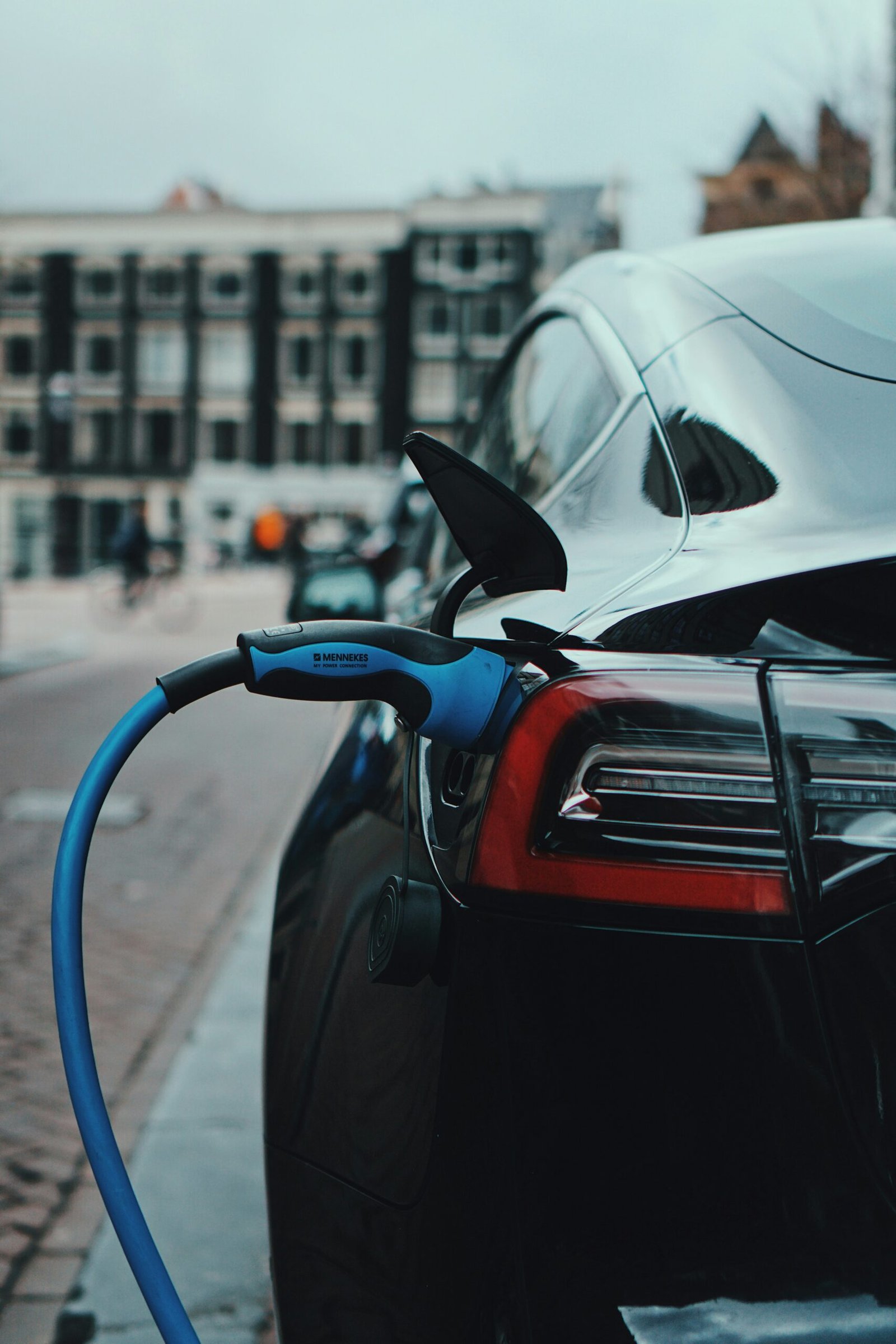Strategies for Overcoming Electric Car Charging Issues

Understanding Electric Car Charging Issues
As electric vehicles become increasingly popular, the infrastructure for charging these cars is also expanding. However, electric car owners may encounter various issues related to charging, which can be frustrating and inconvenient. Understanding these potential problems and how to address them is crucial for a smooth and efficient electric vehicle ownership experience.
Types of Charging Issues
Electric car charging issues can manifest in different forms, ranging from slow charging to the unavailability of charging stations. Some common types of charging issues include:
- Slow charging: This occurs when the electric vehicle takes longer than usual to charge, indicating a potential problem with the charging equipment or power supply.
- Charging station unavailability: In some locations, especially in rural or less developed areas, finding a charging station can be challenging, leading to range anxiety for electric car owners.
- Compatibility issues: Certain electric car models may face compatibility issues with specific types of charging stations, limiting the options for charging.
- Charging infrastructure limitations: In densely populated areas, the existing charging infrastructure may be insufficient to meet the growing demand for electric vehicle charging, resulting in long wait times or the inability to find an available charging station.
Addressing Electric Car Charging Issues
While electric car charging issues can be frustrating, there are several strategies and solutions to mitigate these challenges:
1. Investing in Home Charging Solutions
One effective way to overcome charging issues is to invest in home charging solutions, such as installing a Level 2 charging station at your residence. This allows electric car owners to conveniently charge their vehicles overnight, ensuring that the car is fully charged and ready for daily use. Home charging also eliminates the need to rely solely on public charging stations, reducing the impact of charging station unavailability.
2. Leveraging Mobile Apps and Online Resources
With the advancement of technology, numerous mobile apps and online resources provide real-time information about the availability of charging stations, along with their compatibility with specific electric car models. By utilizing these tools, electric car owners can plan their routes effectively and locate reliable charging stations, minimizing the risk of encountering unavailability or compatibility issues.
3. Supporting the Expansion of Charging Infrastructure
Advocating for the expansion of charging infrastructure in your local community and beyond can contribute to addressing charging issues on a broader scale. Engaging with local authorities, businesses, and energy providers to invest in the development of charging networks can enhance the accessibility and reliability of electric vehicle charging, benefiting current and future electric car owners.
Additionally, supporting initiatives to implement fast-charging stations along highways and in urban centers can alleviate the concerns related to slow charging and charging infrastructure limitations, promoting the widespread adoption of electric vehicles.
4. Understanding Vehicle-Specific Charging Requirements
Each electric car model may have unique charging requirements and capabilities. It is essential for electric car owners to familiarize themselves with the specific charging specifications of their vehicles, including the types of charging connectors and the maximum charging capacity. By understanding these details, electric car owners can make informed decisions when selecting charging stations and equipment, reducing the likelihood of encountering compatibility issues.
5. Exploring Alternative Charging Options
Exploring alternative charging options, such as workplace charging programs and partnerships with local businesses that offer charging facilities, can provide additional flexibility for electric car owners. Workplace charging initiatives enable employees to charge their vehicles while at work, supplementing home charging and public charging options. Collaborating with businesses to install charging stations or designate parking spaces for electric vehicles contributes to the expansion of charging infrastructure, benefiting both employees and customers with electric cars.
Conclusion
Electric car charging issues are a reality for many owners, but proactive measures can mitigate these challenges and enhance the overall electric vehicle ownership experience. By embracing home charging solutions, leveraging technology, advocating for infrastructure expansion, understanding vehicle-specific requirements, and exploring diverse charging options, electric car owners can navigate the evolving landscape of electric vehicle charging with greater confidence and convenience.



